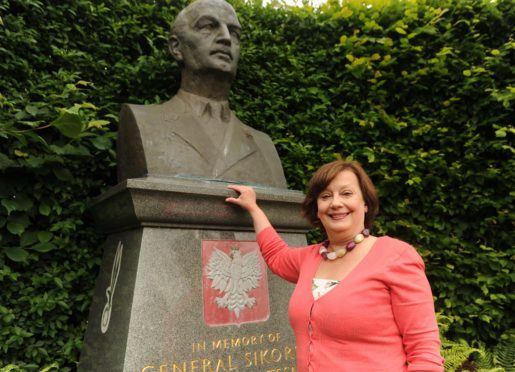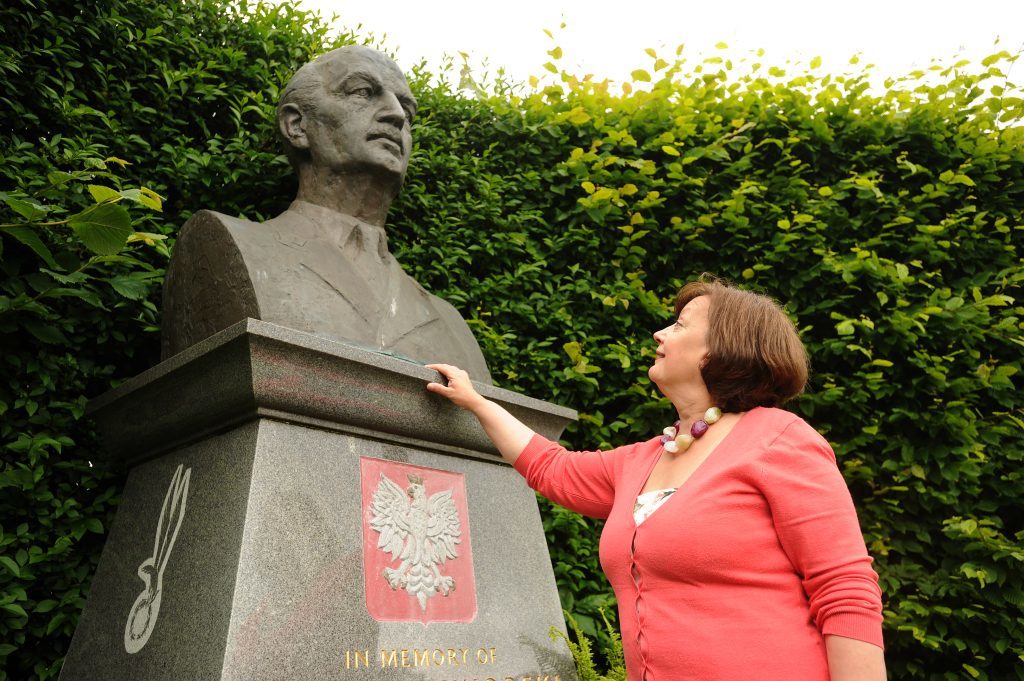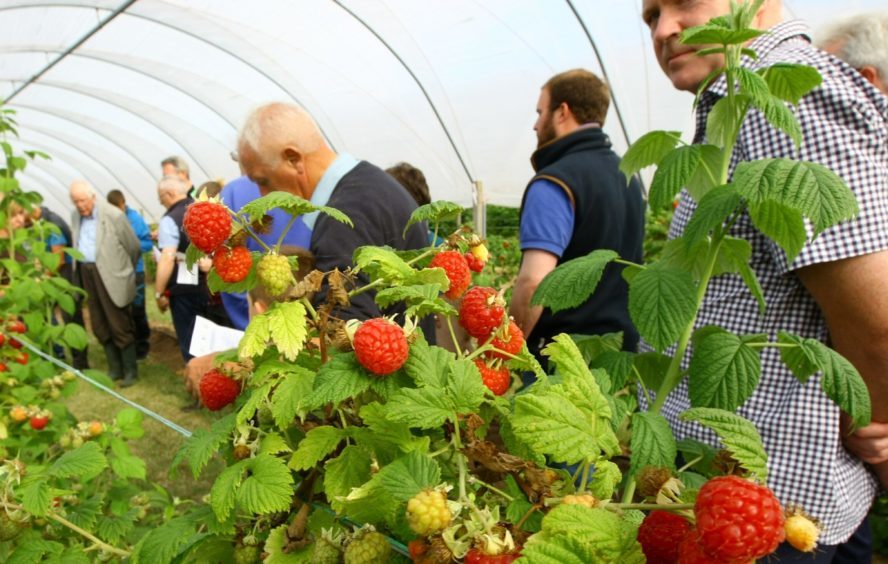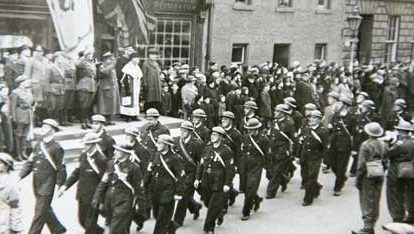Migrant communities in Fife feel that “trust” has been broken and continue to worry about uncertainties of what the final Brexit outcome will be, and how it may affect them, says the chairwoman of Fife Migrants Forum (FMF) in Kirkcaldy.
Violeta Ilendo explained that FMF supports predominantly European Union citizens, but also other migrant communities and refugees.
The organisation, now funded by Fife Council and the Scottish Government, deals with ever increasing number of very complex cases – over 3000 per annum – ranging from seeking employment to appalling conditions in housing, domestic violence and increasing numbers reporting depression and anxiety often leading to mental ill health.
Violeta, who lives near Cupar, said: “Whilst the local communities and politicians in Scotland are immensely supportive to the new comers, there are issues about broken trust, and divisions created by Brexit.
“Migrants feel they are no longer welcomed, and their hard work and contributions have been now questioned, and no longer valued.”
Violeta, a retired Fife Council officer who grew up in north-east Poland, said that from recent research and reports, it is known that migrants “hugely contribute” to the economy by paying their taxes, and they actively engage with local communities.
She said this “immensely important” work of inclusion, needs to take a priority to ensure that the new Scots who want to stay in Scotland, feel valued and welcomed.
The mother-of-one is no stranger to political game change herself. The former Polish Solidarity activist, who campaigned against Poland’s Communist regime whilst studying literature at Warsaw University in the late 1970s, was granted exceptional leave to remain in the UK after Marshall Law was declared in her homeland whilst she was on a study trip to London in 1981.
After 23 years in London, including work with the British Refugee Council, she secured a senior role as a chief officer with Fife Council in 2004. She retired several years ago.
The Fife Migrants Forum has recently been awarded funding to help with recognition of the qualifications/work experience migrants bring from their countries of origin to fill in the gaps in the labour market from construction to health and social care, and hospitality.
Scotland’s relationship with countries like Poland dates back hundreds of years with more than 32,000 Scots emigrating to Poland during the 17th century, and Scotland hosting 70,000 exiled members of the Polish Army during the Second World War – many of whom settled, and still have descendants living in the area to this day.







